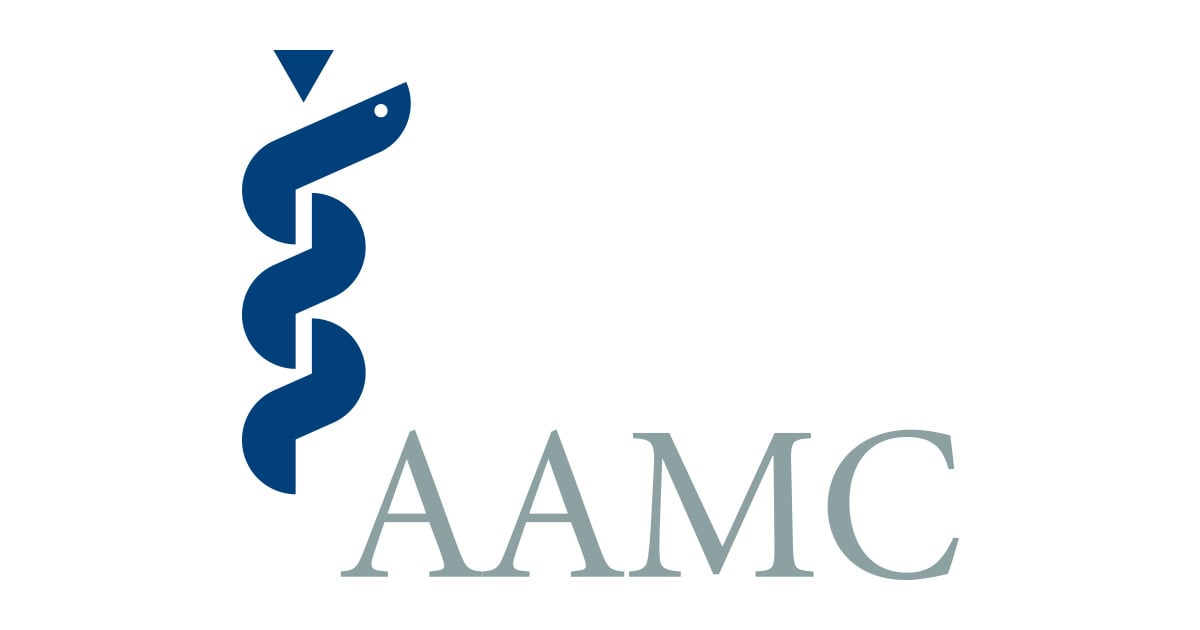Last Updated on June 26, 2022 by Laura Turner
To say you are busy may be an understatement! You’re balancing a full course load, work obligations, extracurricular activities, friends and family—it’s a lot to juggle. It’s no wonder that when it comes time to take the MCAT exam, students want to know what the best way to prepare is. It won’t be a surprise to hear that preparing for the MCAT exam takes time and dedication. In fact, based on those students who responded to the 2016 MCAT Post-Questionnaire (PMQ), on average, examinees prepared for 20 hours per week for about three months. However, there isn’t a “one-size-fits-all” approach to preparing for the exam. What works for you might not work well for someone else.
So where to start? The first step is to create a study plan.
A study plan is a great tool to help you organize, identify areas of focus, and stay on track. To get you started, the AAMC has developed a free guide that gives you the framework to develop your own plan by walking you through six steps, using free and low-cost resources. These steps include:
- Find out everything you can about the exam
- Figure out where you stand: How much do you know?
- Use free and low-cost resources to help you prepare
- Create your study plan
- Study and practice
- Commit to a final rehearsal or practice
Each step includes checklists, suggested resources, and advice to help you craft a plan that will help you succeed on test day. This guide also includes sample worksheets that you can adopt or modify as you develop your own schedule.
As you work through this guide, you might start thinking, “this is a lot of planning!” But just like training for a big game or working on a school project, you rarely dive in head first without any preparation. Similarly, a solid study plan requires some work up front. Taking the time will give you a clear roadmap that will help you discover strengths, weaknesses, concerns, as well as identify strategies and resources to use at every stage of your preparation.
There is no doubt that at some point you’ll feel anxious or overwhelmed as you are preparing for the exam. So, remember, the MCAT exam is just one milestone on your path to medical school and one piece of information that admissions officers use to evaluate you and your application.
To begin putting your study plan together, download How to Create a Study Plan for the MCAT Exam.


